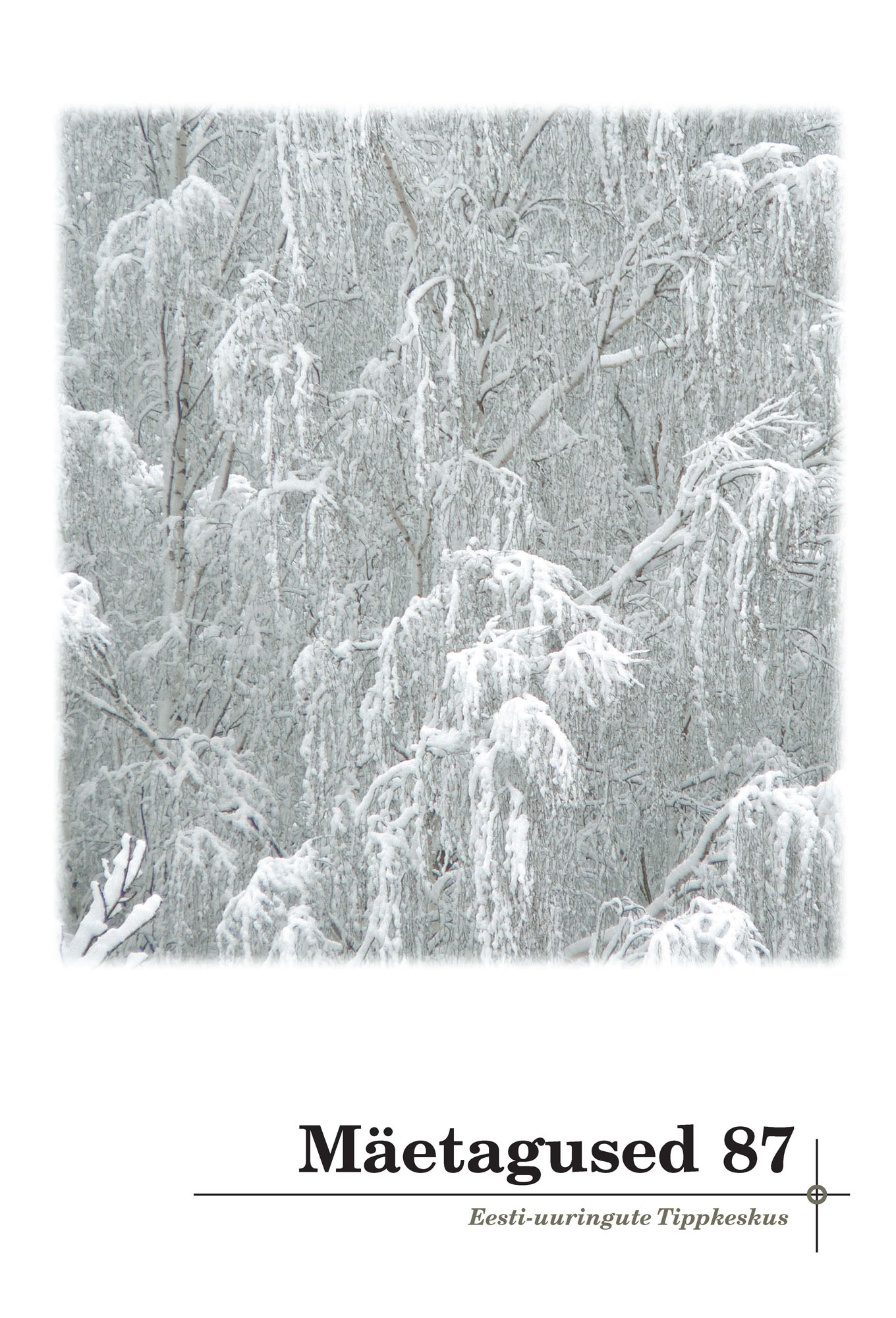Subjektiivsuse aspekt Aurora Semperi kontserdikriitikas aastail 1938–1940 ja 1957–1965
The aspect of subjectivity in Aurora Semper’s concert reviews published in different socio-political context
Author(s): Meeta MorozovSubject(s): Cultural history, Customs / Folklore, Music, Cultural Anthropology / Ethnology, Culture and social structure , Interwar Period (1920 - 1939), WW II and following years (1940 - 1949), Post-War period (1950 - 1989)
Published by: Eesti Kirjandusmuuseum
Keywords: Aurora Semper; concert reviews; music criticism; Postimees; Sirp and Vasar; Soviet time;
Summary/Abstract: The article examines the subjective aspect in concert reviews by Estonian music critic, pianist, teacher and music historian Aurora Semper (1899–1982), investigating whether and how different socio-political context influenced the manifestation of Semper’s subjective evaluations and taste in her writings for the newspapers Postimees (1938–1940) and Sirp ja Vasar (1956–1965). The paper focuses on the question of to what extent Semper’s subjective aesthetic understandings developed by the 1930s, such as seeing chamber music at the top of the hierarchy of musical genres, her educational background, including piano studies and the experience of West European musical life, were expressed during the Soviet regime with its demands on re-evaluation of music according to the Marxist-Leninist ideology. Comparing Semper’s reviews written in the late 1930s and 1960s, enough common features emerge. The found similarities include the preference for chamber music/ensembles and symphony concerts as well as the focus on the performance aspect, interest in historical issues and the observation of the long-term development of the collective/artist. Also, the attitude towards contemporary music is generally supportive and favourable. As a difference, one can notice the absence of stage works’ reviews in Semper’s Soviet-era writings and a stronger ideological message which is not emphasized but which Semper expressed when necessary in her attitudes, as well as the use of language and emphases. It can therefore be concluded that Aurora Semper’s subjectivity, which was strongly shaped by her studies in Europe (Germany, France) in the 1920s, broad mind and curiosity for knowledge, marriage to an intelligent and tolerant writer and politician Johannes Semper, music history teaching experience and a delicate character, became visible in the relatively free press of the independent Estonia in the 1930s and remained generally unchanged, despite the new socio-political context, in the much more rigid and ideologically controlled Soviet years.
Journal: Mäetagused. Hüperajakiri
- Issue Year: 2023
- Issue No: 87
- Page Range: 5-30
- Page Count: 26
- Language: Estonian

